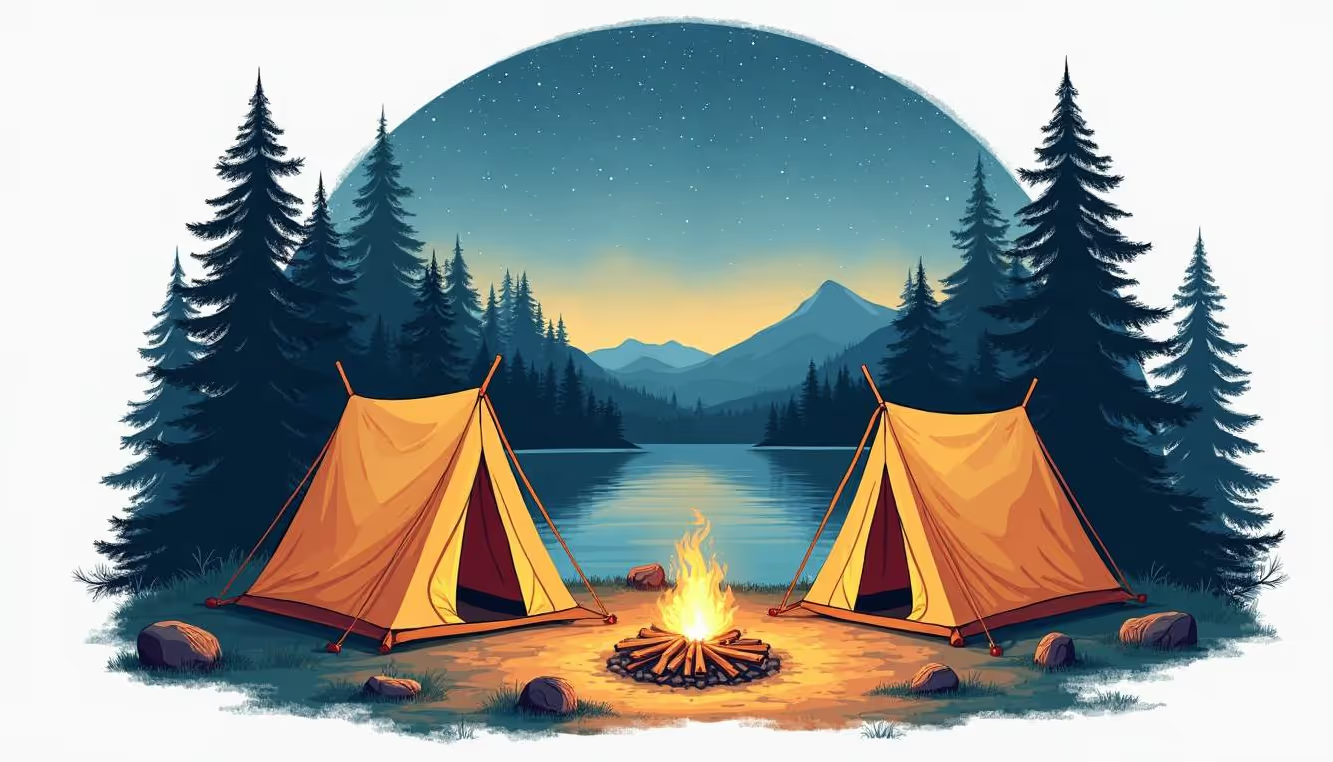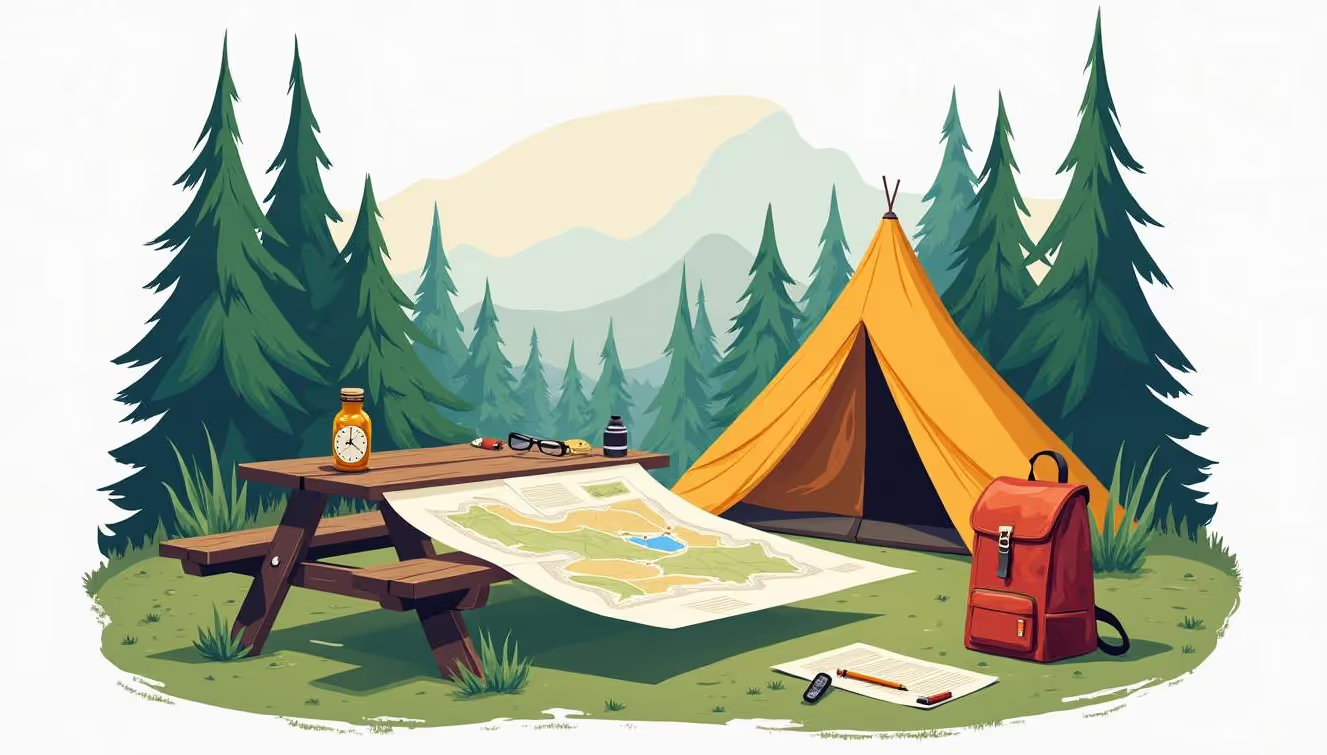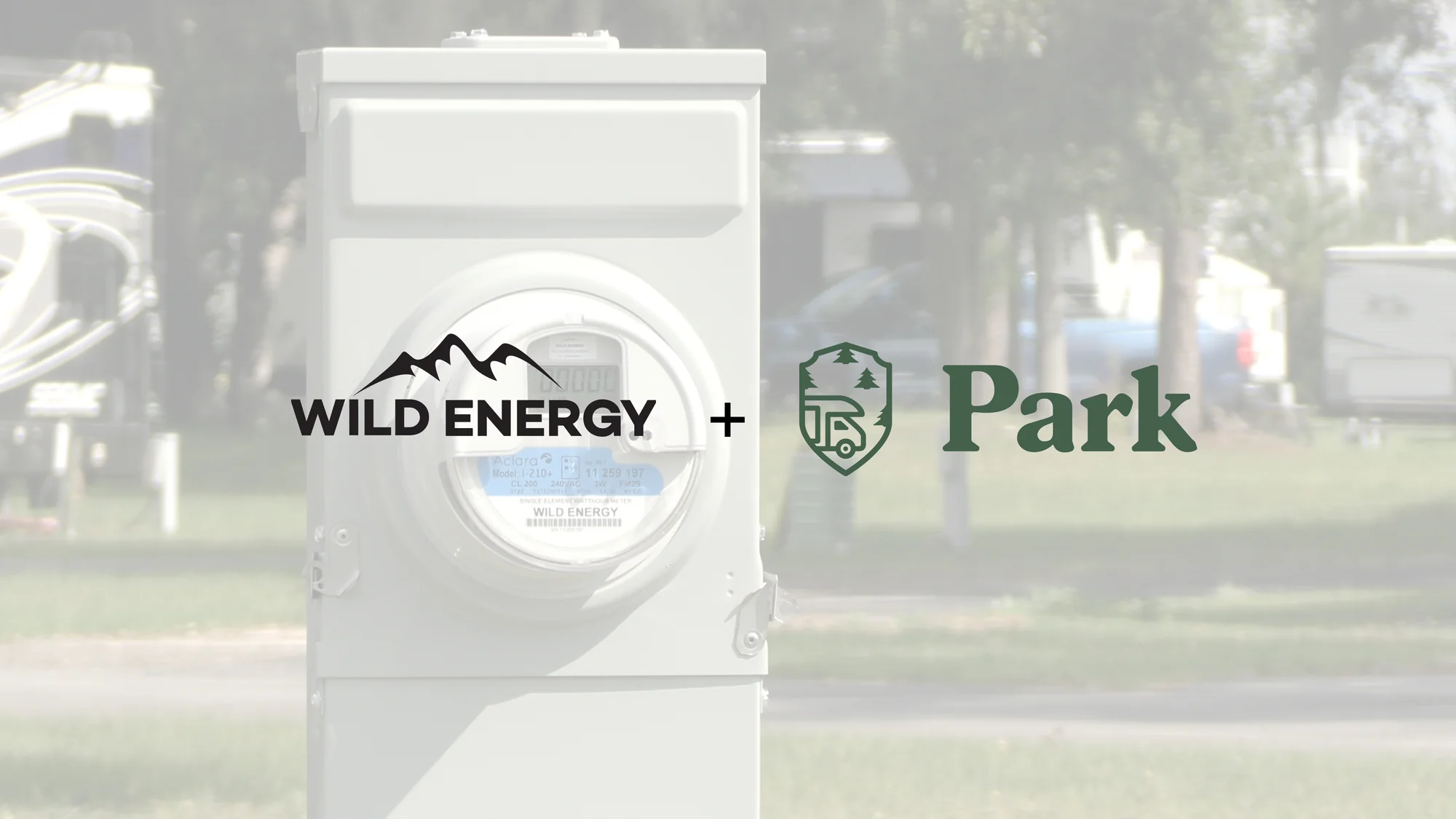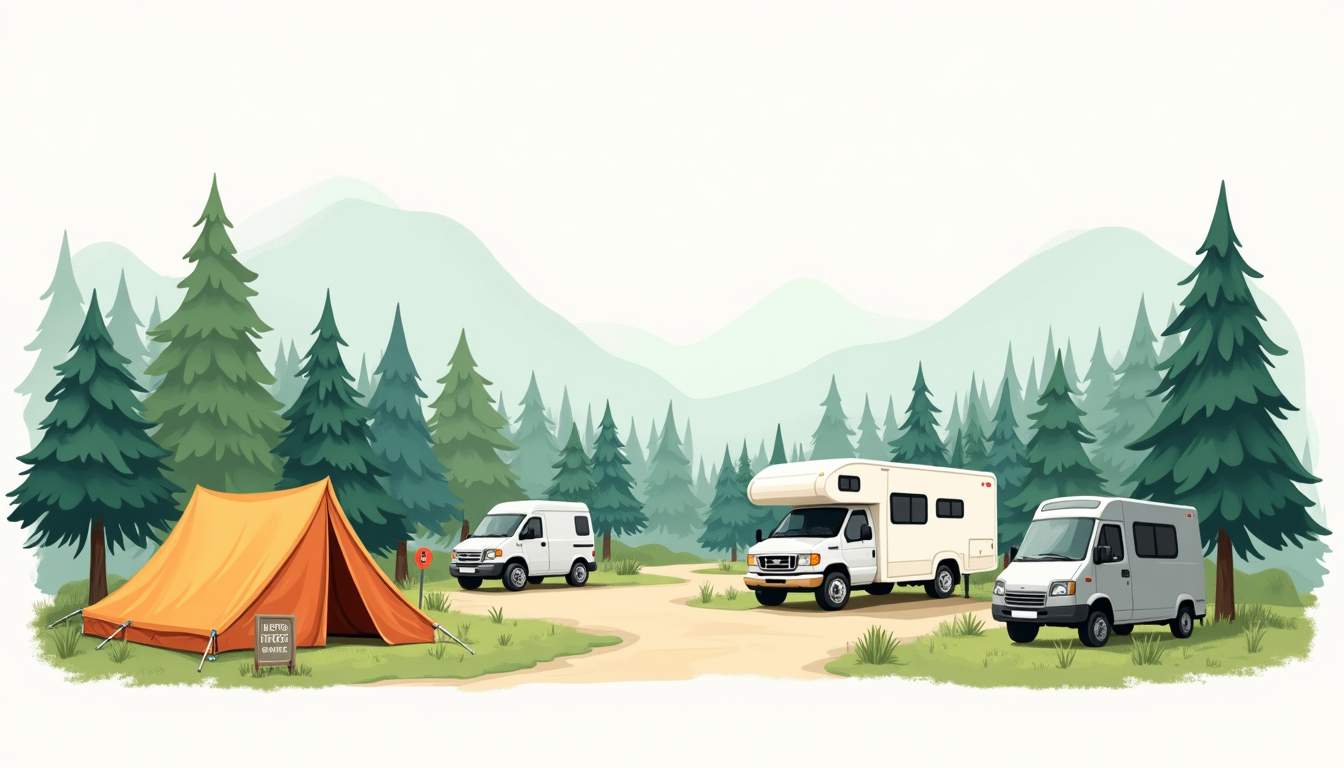How to Set Up a Campground Business: A Step-by-Step Guide
This step-by-step guide walks aspiring campground owners through everything needed to launch a successful outdoor business—from planning and permits to site design, marketing, and operations.

How to Set Up a Campground Business: A Step-by-Step Guide
Starting a campground business can be a rewarding venture for outdoor enthusiasts and entrepreneurs alike. With the rise of nature tourism and the increasing popularity of camping—especially after recent shifts in travel preferences—there’s never been a better time to consider entering this industry. According to the Outdoor Industry Association, over 50 million Americans participate in camping annually, and the global camping market is projected to grow steadily over the next decade.
This comprehensive guide will walk you through the essential steps to establish a successful campground business, from initial research and planning to marketing and ongoing management. Whether you’re aiming for a rustic back-to-nature site or a full-service RV park, understanding the process and key considerations will set you up for long-term success.
1. Research and Planning: Laying the Foundation
Understanding the Market and Target Audience
Before investing time and money, it’s crucial to understand your potential customers and the competitive landscape. Campers range from tent enthusiasts seeking basic sites to families and retirees looking for amenities like hookups, showers, and recreational facilities. Analyzing demographics can also provide insight into who your primary customers will be. For instance, younger generations may prioritize eco-friendly practices and unique experiences, while older campers might value comfort and convenience.

Conduct market research by analyzing local and regional camping trends. Look at existing campgrounds near your proposed location—what do they offer? What are their rates? What gaps exist in the market? For example, if nearby sites cater mostly to RVs, there might be an opportunity to attract tent campers or glampers. Additionally, consider leveraging social media and online camping forums to gather feedback and preferences directly from potential customers, which can guide your offerings and marketing strategies.
Choosing the Right Location
Location is one of the most important factors in the success of a campground. Ideally, the site should be accessible yet offer a sense of seclusion and natural beauty. Proximity to popular outdoor attractions such as lakes, hiking trails, or national parks can significantly boost appeal. Moreover, the surrounding community can play a role in the campground's attractiveness; nearby restaurants, shops, and entertainment options can enhance the overall experience for guests.
Consider the following when selecting a site:
- Accessibility: Is it easy to reach by car? Are roads well-maintained?
- Natural features: Does the land have trees, water sources, or scenic views?
- Environmental restrictions: Are there protected species or wetlands?
- Utilities: Availability of water, electricity, and sewage systems.
Additionally, think about the seasonal aspects of your location. Some areas may be bustling in the summer months but quiet in the off-season. Understanding the seasonal flow can help you plan for peak times and develop strategies to attract visitors year-round, such as winter camping or themed events during the off-peak season.
Developing a Business Plan
A detailed business plan will serve as your roadmap and is often necessary to secure financing. Your plan should include:
- Executive summary: Business concept, goals, and vision.
- Market analysis: Insights from your research on demand and competition.
- Operational plan: Site layout, services offered, staffing needs.
- Financial projections: Startup costs, revenue forecasts, break-even analysis.
- Marketing strategy: How you will attract and retain customers.
Financially, starting a campground can cost anywhere from $50,000 for a small, basic site to several million dollars for a large, full-service park. Understanding your budget constraints early will help tailor your plans accordingly. In addition to initial costs, consider ongoing expenses such as maintenance, staffing, and marketing. It's also wise to include a contingency fund in your financial projections to cover unexpected expenses that may arise during the startup phase.
Think about potential revenue streams beyond just campsite rentals. Offering guided tours, equipment rentals, or hosting events such as family reunions or corporate retreats can diversify your income and enhance the overall guest experience. By creating a comprehensive business plan that addresses these various aspects, you will be better positioned to navigate the challenges of launching and operating a successful campground.
2. Legal and Regulatory Considerations
Obtaining Necessary Permits and Licenses
Campgrounds are subject to various local, state, and federal regulations. These may include zoning approvals, health and safety inspections, and environmental impact assessments. Contact your local planning department to determine the specific requirements for your area. It's also wise to engage with local community groups or associations, as they can provide valuable insights into the regulatory landscape and help you navigate any potential hurdles.
Common permits and licenses include:
- Business license
- Zoning and land use permits
- Septic system or sewage permits
- Water use permits
- Fire safety inspections
Failing to comply with regulations can result in fines or forced closure, so it’s essential to get these in order before opening. Additionally, staying informed about any changes in legislation or new regulations is crucial, as these can impact your operations significantly. Regularly attending workshops or seminars on campground management can also enhance your understanding of compliance issues and best practices in the industry.
Insurance and Liability
Running a campground involves inherent risks, such as accidents or property damage. Comprehensive insurance coverage is vital to protect your investment and limit liability. Key policies to consider include:
- General liability insurance
- Property insurance
- Workers’ compensation (if you hire staff)
- Business interruption insurance
Consult with an insurance agent who specializes in hospitality or outdoor businesses to tailor a policy to your needs. It’s also advisable to review your coverage regularly to ensure it aligns with the evolving nature of your business, particularly as you expand amenities or services. Additionally, consider implementing risk management strategies, such as safety training for staff and clear signage for guests, to further mitigate potential liabilities and enhance the overall safety of your campground.
3. Designing and Developing Your Campground
Site Layout and Infrastructure
Effective campground design balances maximizing the number of sites with maintaining privacy and a natural feel. Common site types include tent sites, RV hookups, cabins, and group camping areas. Consider incorporating features like picnic tables, fire rings, and shade structures. Each site should be thoughtfully positioned to take advantage of scenic views, natural windbreaks, and existing topography, which can enhance the overall camping experience. Additionally, providing a variety of site types can cater to different camping preferences, from families seeking comfort to adventurous solo travelers looking for a more rustic experience.

Infrastructure development involves:
- Roads and parking areas
- Water supply and sanitation facilities
- Electricity and lighting
- Waste disposal systems
- Common amenities such as restrooms, showers, and laundry facilities
Accessibility should also be a priority—ensure pathways and facilities accommodate guests with disabilities. Thoughtful design can include wide, paved paths leading to accessible restrooms and showers, as well as designated parking spaces close to these facilities. Furthermore, consider adding tactile maps and signage in braille to assist visually impaired guests in navigating the campground.
Incorporating Sustainable Practices
Eco-friendly campgrounds are increasingly popular and can reduce operating costs. Consider implementing sustainable practices such as:
- Solar or wind energy systems
- Rainwater harvesting and greywater recycling
- Composting toilets and waste reduction programs
- Native plant landscaping to reduce water use
These measures not only appeal to environmentally conscious campers but may also qualify your business for grants or tax incentives. Additionally, establishing educational programs or workshops on sustainability can engage guests and enhance their camping experience. For instance, offering guided nature walks that highlight local ecosystems or hosting events focused on conservation can foster a sense of community and responsibility among campers. By promoting eco-friendly practices, you can create a unique identity for your campground that resonates with a growing demographic of environmentally aware travelers.
4. Marketing Your Campground and Building a Customer Base
Creating a Strong Brand and Online Presence
In today’s digital age, a professional website is essential. It should include:
- Clear information about location, amenities, and rates
- Online booking capabilities
- High-quality photos and virtual tours
- Customer reviews and testimonials
Social media platforms like Instagram and Facebook are excellent tools for engaging with potential customers and sharing updates or promotions. Consider creating content that highlights the natural beauty of your site and nearby attractions.
Leveraging Online Travel Platforms and Partnerships
Listing your campground on popular travel and camping platforms such as Hipcamp, Recreation.gov, or KOA can increase visibility. Partnering with local tourism boards and outdoor retailers can also help attract visitors.
Offering coupons, seasonal promotions, loyalty programs, or group discounts can encourage repeat business and word-of-mouth referrals.
Providing Exceptional Customer Service
Positive guest experiences lead to glowing reviews and repeat visits. Train staff to be friendly, knowledgeable, and responsive. Consider offering value-added services such as guided hikes, equipment rentals, or organized events to enhance the guest experience.
5. Managing Operations and Growing Your Business
Day-to-Day Management
Efficient operations are key to profitability. Use campground management software to handle reservations, payments, and guest communications. Regular maintenance of facilities and grounds ensures safety and guest satisfaction.
Monitor occupancy rates, customer feedback, and financial performance regularly to identify areas for improvement.
Expanding and Diversifying Offerings
Once established, consider expanding your business by adding new amenities such as cabins, glamping tents, or recreational facilities like swimming pools or playgrounds. Hosting events like outdoor workshops, festivals, or family camps can attract new customers and generate additional revenue.
Staying attuned to camping trends and customer preferences will help you adapt and grow in a competitive market.
Putting It Into Action
Setting up a campground business requires careful planning, compliance with regulations, thoughtful design, and effective marketing. By understanding your market, choosing the right location, and delivering a memorable guest experience, you can build a thriving business that taps into the growing love of outdoor recreation.

With dedication and strategic management, your campground can become a cherished destination for campers seeking adventure, relaxation, and connection with nature.
Ready to elevate your campground business to new heights? Park Software is here to streamline your booking management process, allowing you to focus on what you love most – connecting people with nature. With our user-friendly drag-and-drop system, managing reservations for everything from tent sites to treehouses becomes a breeze. Plus, our software is perfect for handling hourly rentals for your on-site amenities. Don't let administrative tasks keep you from the great outdoors. Contact us today and discover how Park can transform your campground business!






